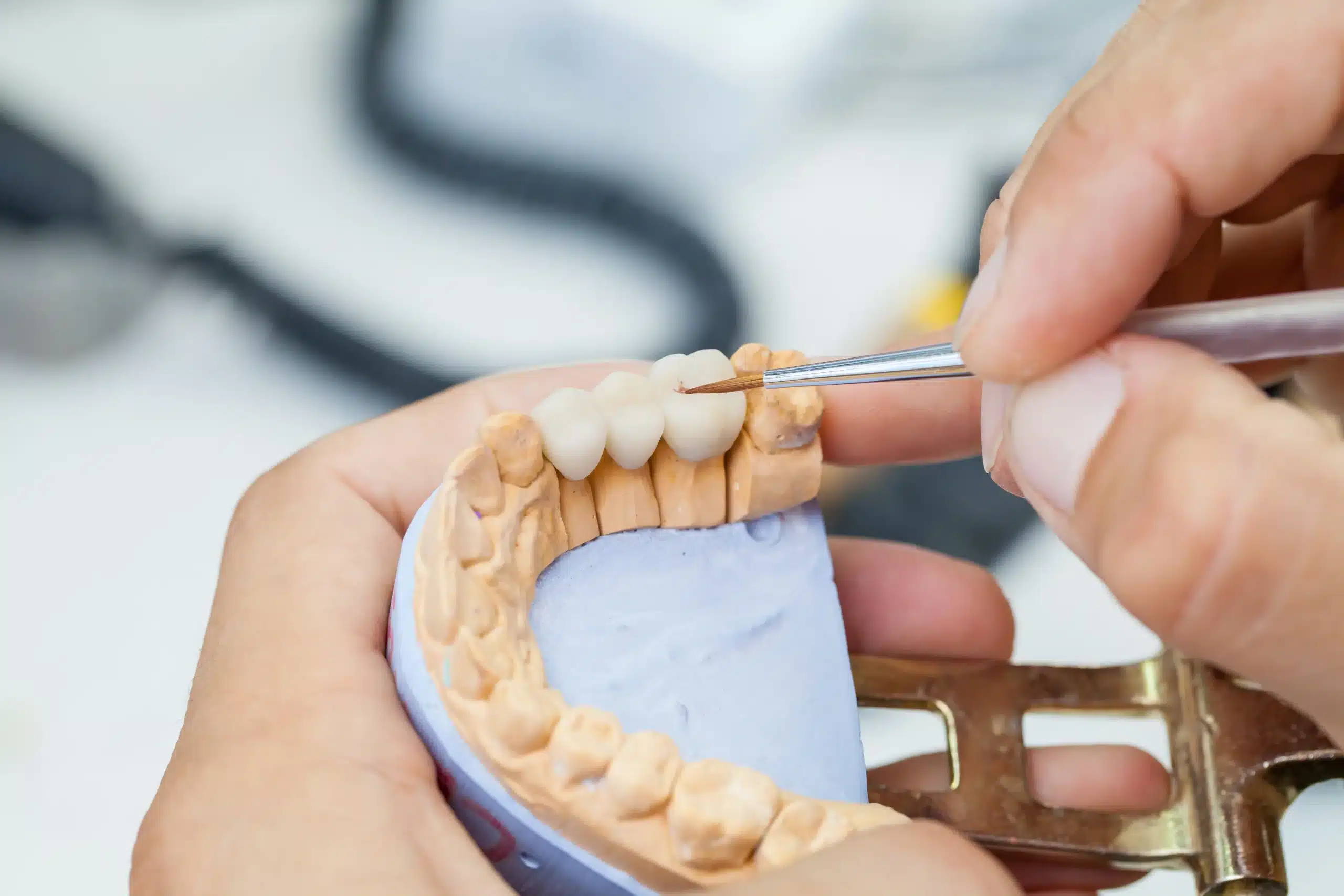Proper Care and Maintenance for Dental Bridges
Dental bridges are a common solution for replacing missing teeth. They help restore functionality, improve appearance, and maintain the structure of your mouth. Proper care and maintenance of dental bridges are crucial to ensure their longevity and to maintain oral health. This guide outlines the essential steps for caring for dental bridges effectively.
Understanding Dental Bridges
A dental bridge consists of one or more artificial teeth (pontics) held in place by crowns that are cemented onto the adjacent teeth (abutments). Bridges can be made from various materials, including porcelain, gold, alloys, or a combination. The type of bridge and material used will influence the specific care requirements, but the fundamental principles remain consistent.
Daily Oral Hygiene Routine
Maintaining a consistent oral hygiene routine is vital for the longevity of your dental bridge. Here are the key steps:
Brushing
Brush your teeth at least twice a day using a soft-bristled toothbrush and fluoride toothpaste. Pay special attention to the bridge area, ensuring you clean all surfaces thoroughly. The goal is to remove plaque and food particles that can lead to decay and gum disease.
Flossing
Flossing around and under the bridge is essential to remove debris and prevent gum disease. Use a floss threader or special floss designed for dental bridges to reach beneath the pontic. Regular flossing helps keep the gums healthy and prevents plaque buildup.
Rinsing
Use an antiseptic mouthwash daily to reduce bacteria and maintain oral health. Rinsing helps reach areas that brushing and flossing might miss, providing an extra layer of protection against gum disease and decay.
Regular Dental Check-Ups
Routine dental visits are crucial for monitoring the condition of your dental bridge and overall oral health. During these check-ups, your dentist will:
- Inspect the bridge for any signs of damage or wear
- Check the health of the abutment teeth and surrounding gums
- Perform professional cleanings to remove tartar and plaque buildup
Regular visits allow for early detection of potential issues, ensuring that any problems are addressed promptly.
Dietary Considerations
Your diet plays a significant role in the maintenance of your dental bridge. Consider the following dietary tips:
Avoid Hard and Sticky Foods
Hard foods like nuts and ice can damage the bridge, while sticky foods like caramel can dislodge it. Opt for softer foods that are easier on your dental work.
Limit Sugary Foods and Drinks
Excessive sugar intake can lead to decay around the abutment teeth, compromising the bridge. Limit sugary snacks and beverages to maintain a healthy oral environment.
Balanced Diet
A balanced diet rich in fruits, vegetables, lean proteins, and whole grains supports overall oral health. Ensure you get enough vitamins and minerals, particularly calcium and vitamin D, to maintain strong teeth and bones.
Managing Potential Issues
Despite diligent care, issues with dental bridges can still arise. Here are some common problems and how to manage them:
Sensitivity
It is common to experience sensitivity in the abutment teeth after getting a bridge. This usually subsides over time. If sensitivity persists, use a toothpaste designed for sensitive teeth and consult your dentist.
Damage or Dislodgement
If your bridge becomes loose or damaged, contact your dentist immediately. Avoid attempting to fix it yourself, as this can cause further damage. Your dentist will assess the situation and provide the appropriate repair or replacement.
Gum Inflammation
Inflammation around the bridge area can indicate poor oral hygiene or an ill-fitting bridge. Maintain proper cleaning practices and schedule a dental visit if inflammation persists.
Preventive Measures
To prevent problems with your dental bridge, consider these preventive measures:
Mouthguards
If you participate in sports or grind your teeth at night, use a mouthguard. This protects your bridge from damage due to impact or grinding.
Quit Smoking
Smoking negatively affects oral health, increasing the risk of gum disease and complications with dental bridges. Quitting smoking promotes better overall health and extends the life of your bridge.
Conclusion
Proper care and maintenance of dental bridges are essential for their durability and your oral health. By following a thorough oral hygiene routine, making mindful dietary choices, and scheduling regular dental check-ups, you can ensure your bridge remains in good condition for years to come.
About Dr. Molly Rodgers Dental
Dr. Molly Rodgers Dental, located in Edmonton, Canada, provides comprehensive dental care, including the placement and maintenance of dental bridges. The experienced team at Dr. Molly Rodgers Dental is dedicated to helping you achieve optimal oral health through personalized care and advanced dental solutions. Whether you need a new bridge or maintenance for an existing one, Dr. Molly Rodgers and her team are here to assist you. Schedule a consultation today to learn more about how to care for your dental bridge and maintain a healthy smile.

